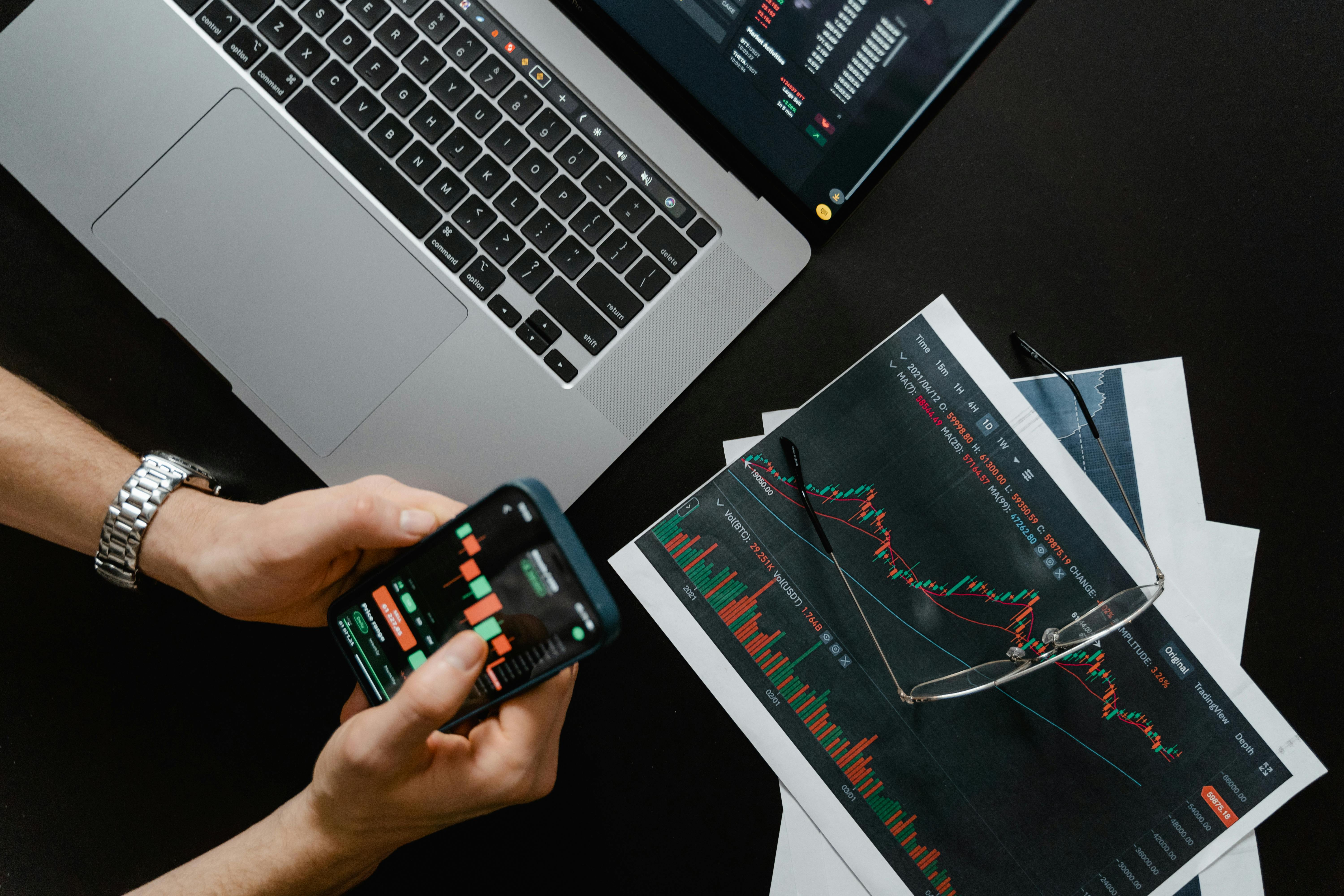
Asset Tokenization: Revolutionary Use Cases Across Global Industries
Asset Tokenization: Revolutionary Use Cases Across Global Industries
Understanding Asset Tokenization
Asset tokenization represents a groundbreaking technological innovation that enables the digital representation of real-world assets through blockchain technology. By converting physical and financial assets into programmable digital tokens, this process fundamentally transforms traditional ownership structures and investment mechanisms across multiple industries.
Real Estate Tokenization Landscape
The real estate sector has emerged as a primary candidate for asset tokenization, offering unprecedented opportunities for fractional ownership and liquidity. Sophisticated blockchain platforms now enable investors to purchase fractional shares of high-value properties, dramatically reducing entry barriers and democratizing real estate investments.
Key Real Estate Tokenization Protocols
| Protocol | Jurisdiction | Total Value Locked | Key Features |
|---|---|---|---|
| RealT | United States | $42M | Fractional property ownership |
| Harbor | Cayman Islands | $87M | Compliance-focused tokenization |
| Meridio | Switzerland | $29M | Real estate investment democratization |
Financial Instruments and Securities Tokenization
Financial markets are experiencing radical transformations through tokenized securities. Sophisticated investors can now trade complex financial instruments with enhanced transparency, reduced intermediary costs, and near-instantaneous settlement times. Private equity shares, venture capital investments, and corporate bonds are increasingly being represented as blockchain-based digital assets.
Global Commodities and Precious Metals
Commodity tokenization provides unprecedented access to traditionally illiquid markets. Gold, silver, agricultural products, and rare earth metals can now be traded fractionally, enabling global investors to diversify portfolios with previously inaccessible asset classes.
Intellectual Property and Creative Assets
Blockchain technology enables creators to tokenize intellectual property rights, providing new revenue streams and ownership models. Music royalties, patent rights, and digital art can be efficiently managed and traded through decentralized platforms, ensuring transparent and verifiable ownership.
Regulatory Considerations
Regulatory frameworks surrounding asset tokenization vary significantly across jurisdictions. Progressive jurisdictions like Switzerland, Liechtenstein, and the Cayman Islands have developed comprehensive legal structures supporting digital asset innovation. The United States maintains a complex regulatory environment managed primarily by the SEC and state-level regulators.
Global Regulatory Complexity
| Jurisdiction | Regulatory Approach | Blockchain Asset Classification |
|---|---|---|
| Switzerland | Highly Progressive | Digital Asset Security |
| United States | Strict Compliance | Potential Security/Commodity |
| Cayman Islands | Flexible Framework | Digital Asset Investment |
Market Growth and Future Projections
According to recent market research, the global asset tokenization market is projected to reach $16.9 trillion by 2030, representing a compound annual growth rate of 34.5%. This exponential growth underscores the transformative potential of blockchain technology in reimagining asset ownership and investment paradigms.
Technical Infrastructure Requirements
Successful asset tokenization demands robust technical infrastructure encompassing blockchain protocols, smart contract development, compliance mechanisms, and secure digital wallet technologies. Advanced cryptographic techniques ensure the integrity and immutability of tokenized asset representations.
About RWA.codes
RWA.codes specializes in comprehensive blockchain solutions for asset tokenization. Our expert team provides end-to-end services including technical architecture design, legal compliance consulting, smart contract development, and strategic advisory across multiple global jurisdictions.
Our multidisciplinary approach combines deep technological expertise with nuanced understanding of regulatory landscapes, enabling seamless digital asset transformation for enterprises and investors.